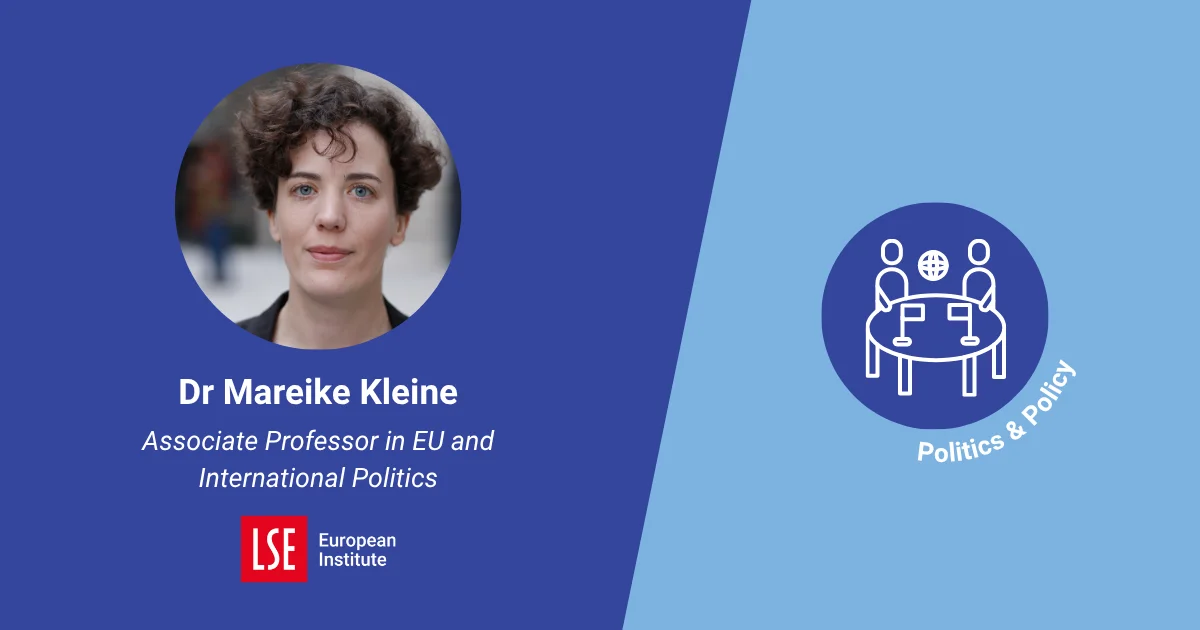Taming of the shrews? The (non-)enforcement of informal norms in the European Council
The European Council is arguably one of the European Union’s (EU) most dynamic decision-making bodies. Both scholars and practitioners attribute its effectiveness to an informal norm of diffuse reciprocity. The norm encourages members to extend goodwill to others, expecting the same in return when needed.
Dr Mareike Kleine has co-authored a new article with Dr Lucas Schramm in Journal European Public Policy which investigates whether, and under what conditions, governments in the European Council uphold this norm, despite frequent temptations – rooted in domestic politics – to violate it or exploit its inherent ambiguity.
Dr Kleine is the Jean Monnet Chair of our project Global Perspectives on Europe (GLOPE) co-funded by the European Union’s Erasmus+ Programme.

Abstract
"This article finds that governments maintain this norm by presenting a unified front against the violator, particularly when the breach is politically costly at home and gains salience in national media. Through two empirical case studies – focusing on British Prime Minister David Cameron and Hungarian Prime Minister Viktor Orbán – the article examines perceived attempts either to exploit or to withhold goodwill in the European Council. The analysis traces how their peers sought to assess whether a violation had occurred, to coordinate a unified response, and to agree on appropriate punishment. Empirically, the article sheds new light on how the European Council manages norm violations; theoretically, it advances research on informal governance by identifying domestic political salience as a key condition for norm enforcement."
Read the full journal article
Read the accompanying EUROPP Blog